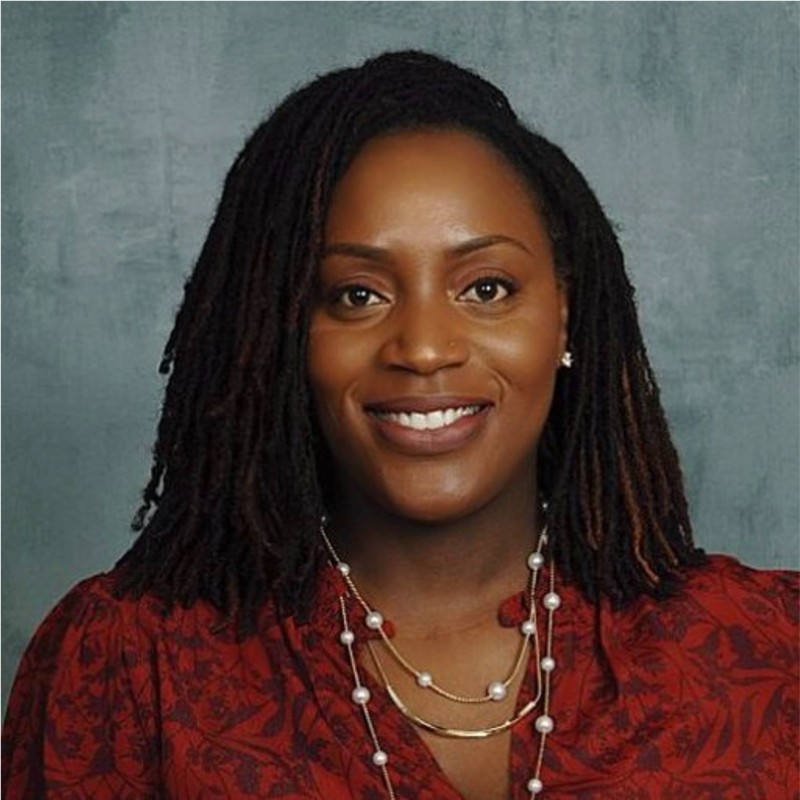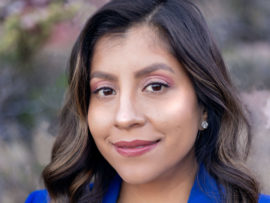About Us
The Nia House Mission
We are an empowerment program and shelter for Black women and gender expansive people who find homes in women's spaces, escaping abuse In rural North Carolina Where they learn to organize around the 5 basic needs; survival, belonging, power, freedom, and fun to rebuild a healthier future, In an era of cultivated racial inequities.
Our mission is to help Black women and femme survivors of intimate partner violence transition from harmful relationships into a life of physical, emotional, and economic safety and well-being. We work with our residents to heal as whole persons, regain their confidence, and discover their
professional and personal callings. Our vision is to create an ecosystem of survivors who can coach and confide in each other and empower future generations of women and femmes.
We derived the name for Nia House from the fifth principle of Kwanzaa; in this context “Nia” means purpose. Nia House will be a safe, welcoming space for women and femmes who are seeking their way back to a healthy and balanced lifestyle through discovering, nurturing, and sharing their professional calling—or, their purpose—with the Clayton community.
The Nia House Aims to Provide These Programs & Services
Nia House will offer the following services and programs to help residents establish economic stability, achieve mental and physical health, repair broken relationships with family, and become leaders in their communities.
Organizing Training: Because worker and community organizing principles inform the premise of collective healing and accountability upon which Nia House is based, we believe that this is a critical component of our program that no other organizations in the area can offer. Interested residents will be able to learn skills to help them with worker, electoral and community organizing aimed at social improvements in all facets of their lives at the local, state, and federal levels. We believe what makes THE NIA HOUSE distinctly unique is our compounding “The Five Basic Needs” For human survival into the core of our mission, To ensure our Black women and femmes are not only housed, but become vocal members of the workforce, are mentally and physically healthy, and are recognized for the value they bring to our society.
Collective community care: Because Nia House is designed to look and feel like a home and not an institution, we will reinforce a collective care model in which residents contribute to
cooperative childcare and household care: Each resident will be able to choose household responsibilities to fit their daily schedules, and call on fellow residents when they need help balancing home life, personal care, and career building opportunities.
Transportation Partnerships: We plan to partner with Johnston County Area Transit System, along with private rideshare services when appropriate, to help residents find transportation to medical appointments, job interviews and training sessions, legal hearings, and other critical appointments to help them establish stability and safety.
Legal Support: For many shelter residents, safety is contingent upon their ability to file restraining orders, secure accompaniment for their court dates, and to understand their rights as a survivor of intimate partner violence. We will partner with legal education entities in nearby Raleigh and the surrounding area to provide free legal counseling to residents, combined with staff care to ensure their safety.
Career Advising and Job Search Support: We believe that survivors deserve more than just a job; our mission is to work with residents to find vocations that are economically rewarding, personally fulfilling, and useful for the community. Our career advising and job support will include connecting residents with educational programs and financial assistance, as well as job training opportunities. For residents who are already working in their field of choice, we will help them establish a firm professional network so they can continue to advance in their careers.
Individual, Group, and Family Therapy: Therapy will be a critical part of our roadmap to recovery for residents because for both parents and children, therapy can help disrupt cycles of abuse. We aim to give survivors the mental and emotional support to heal from traumatic experiences and the tools they need to seek healthy relationships to reduce the likelihood of them ever experiencing intimate partner violence again.
Case Management for Social Services: Our staff will also help residents navigate social services such as the Supplemental Nutrition Assistance Program (SNAP), Medicaid eligibility and benefits, and educational continuity efforts through Johnston County Public Schools.
Lending circle and microloans: For emerging entrepreneurs and recovering families alike, cash liquidity is a major impediment to stability and growth. Calling back to our principle of collective care, we aim to provide a financial ecosystem that provides residents with a pathway to investment and financial security.

Shanika Houlder-White
Founder/Executive director

Evelyn Rangel-Medina, Esq.
Board chair

Ricardo White
board member/Marketing director

Akesha Grondin
Board member
